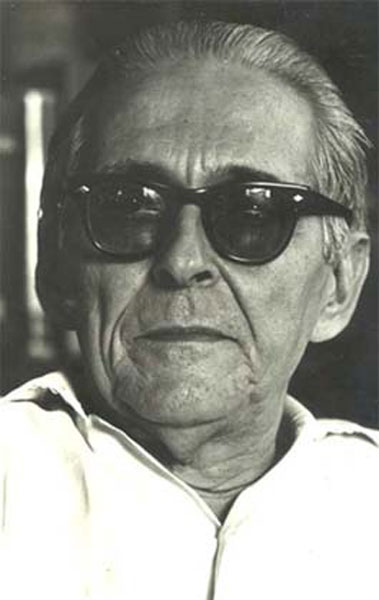4.1.1.19.4 The political-social theme in the poetry of Félix Pita Rodríguez, from 1959 onwards

The revolutionary conflagration was not alien to the poetry of Félix Pita Rodríguez, which was inherently so focused on his poetic self and the shadowy zone of the unconscious. This characteristic prevailed in almost all of his works of the 1960s and some years later, which he collected in books with the following titles: “Las crónicas” (1960–1961), “Poemas para Viet Nam” (1966–1975), and “Cantata del guerrillero heroico” (1969).
In “The Chronicles,” we see the transmutation of poetic individuality into a hymn to the social being that both contains and transcends it, yet is not alien to its worldview; rather, it has been transformed by the emergence of a new reality in which the implicit ideals of yesteryear have a place, and friction is somewhat diminished; although the poet’s gaze still reveals an ironic quality, expressing the need to constantly revolutionize the precepts upon which human conduct must be based.
These verses reveal a committed poetic approach in which the poet relegates himself to the background, assuming a lyrical subject that expresses a collective sensibility, as is also evident in “Poemas para Viet Nam.” The collective voice, however, drowns out authentic expression, which had been unique in Félix Pita’s lyrics, bearing witness to a historical moment that he considered more important than the abstract realm of poetry.
“Cantata of the Heroic Guerrilla” shares this collective sensibility, but with a deeper resonance in the poet’s subjectivity, a prior internalization stemming from his awareness of the prevailing injustice and a powerless anger that would later be expressed with new nuances of irony. Two years after Che Guerrilla’s death, this tribute demonstrates once again the impact of this tragic event on Cuban poetry.
In a general sense, these verses are an expression of the poet’s militant commitment to the Revolution, whose vibrations he feels despite having generally been immersed in an unreal realm and not having explicitly steered down the path of social poetry. However, his characteristic tropology does not fully fit into this channel, and the poet would return to his previous discoveries, once again managing to distinguish his voice from the prevailing poetic panorama.








